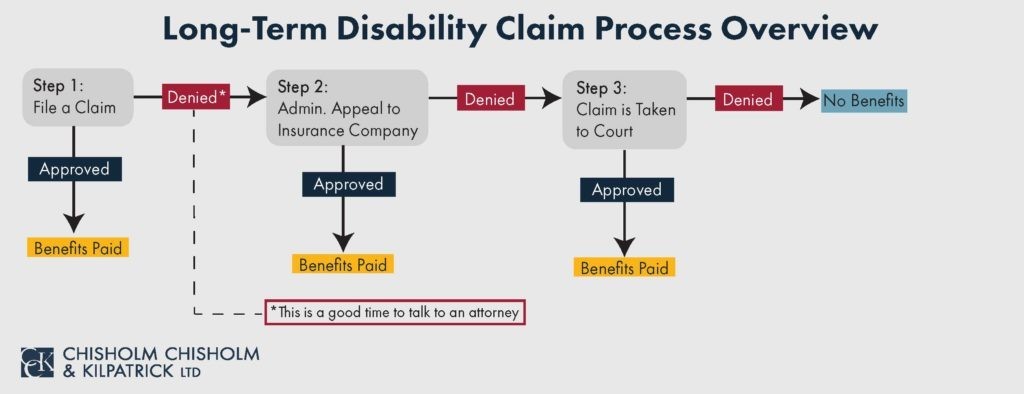Long-Term Disability (LTD) After Age 65

If you become disabled after age 65, but were not planning on retiring any time soon, you may be worried about your ability to receive long-term disability (LTD) benefits and protect some of your income. Although you can usually still receive long-term disability benefits if you become disabled after age 65, your age will likely impact your claim.
How Will My Age of 65 Impact My Long-Term Disability (LTD) Claim?
Your long-term disability policy will typically have a schedule of benefits, which details how long your benefits will last and when they become payable, among other things. The schedule of benefits section of your policy will specify the maximum benefit period or the particular age at which benefits will end. However, if you become disabled after age 65, your benefits will typically only last for a certain number of months, rather than until a certain age. For example, your policy might state that, if you become disabled at age 65, you can receive up to 18 months of benefits.

The number of months for which benefits are payable will likely vary from policy to policy, so it is important to read your policy carefully to determine how long you can receive benefits. Although the length of time for which you can receive benefits may vary, the application process for long-term disability benefits remains the same regardless of your age.
Although your age may limit the amount of time you can receive long-term disability benefits, it may also benefit your claim if you become disabled after age 65. Some definitions of disability take your age into account when determining if you are entitled to long-term disability benefits. This can sometimes make the definition easier to meet because your age will affect your employability in the national economy for either your own or any occupation.
Additionally, your age may impact your ability to learn new skills or a new occupation, given that you may have worked in only one field for most of your professional career. This will likely limit the alternative occupations that you are able to perform.
You should read your LTD policy carefully to see if the insurance company will consider your age when determining if you meet the definition of disability.
Contact Chisholm Chisholm & Kilpatrick LTD
At Chisholm Chisholm & Kilpatrick LTD, our team of experienced attorneys and professionals have helped many claimants aged 65 or older get the benefits to which they are entitled. We understand that becoming disabled in your 60s but not being ready to retire can be scary and that getting long-term disability benefits is extremely important. We can deal with the insurance company for you and ensure you have the strongest long-term disability claim possible. Contact us at (401) 237-4612 for a FREE consultation to see if we can assist you with your claim.

About the Author
Share this Post
